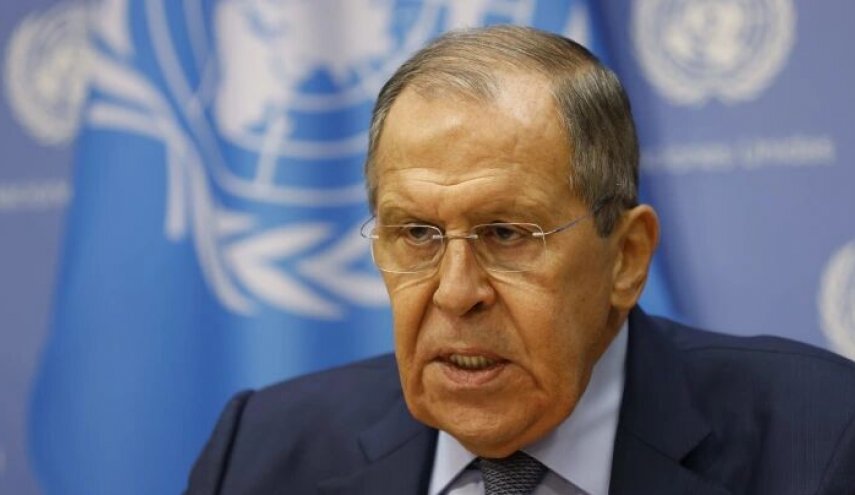Russia calls for lifting U.S. sanctions on Iran

TEHRAN – Russian Foreign Minister Sergei Lavrov has described U.S. sanctions against Iran as illegal and called for the lifting of them, Al Alam reported.
Speaking at a non-proliferation conference in Moscow, Lavrov said that Washington continues to pursue a policy of pressure on Iran to dictate its conditions related to Tehran's nuclear program.
He stressed the need to comply with United Nations Security Council Resolution 2231 to enable Tehran to implement its voluntary obligations under the Joint Comprehensive Plan of Action on Tehran's Nuclear Program.
A Russian diplomatic source has recently reacted to remarks by the U.S. envoy for Iran on the talks in Vienna over reviving the 2015 Iran nuclear deal, saying that the time has come for the U.S. to stop derailing the talks.
The Russian diplomatic source told the RIA Novosti news agency that Moscow hopes that Washington will stop deviating from the path of revitalizing the nuclear deal and bring about the revival of the pact, officially known as the Joint Comprehensive Plan of Action (JCPOA), Fars News reported.
US Special Envoy for Iran Rob Malley said on Saturday that the U.S. is focused on “other things.”
“Iran is not interested in a deal and we’re focused on other things,” he alleged, noting, “Right now we can make a difference in trying to deter and disrupt the provision of weapons to Russia and trying to support the fundamental aspirations of the Iranian people.”
“What’s the point?” the U.S. envoy said of the stalled talks, adding, “Why should we focus on it if Iran comes back with demands that are unacceptable? At this point, we’re not going to focus on the nuclear deal because we can’t sort of keep going back and then being played.”
The Russian source reacted to Malley’s remarks, saying that “this is not a matter of choice. Americans must undo all the wrongs they have done before.”
The source said, “The Americans are definitely acting hastily and looking for a suitable excuse to deviate from the path of returning to the JCPOA, but this is not a matter of choice.”
Leave a Comment